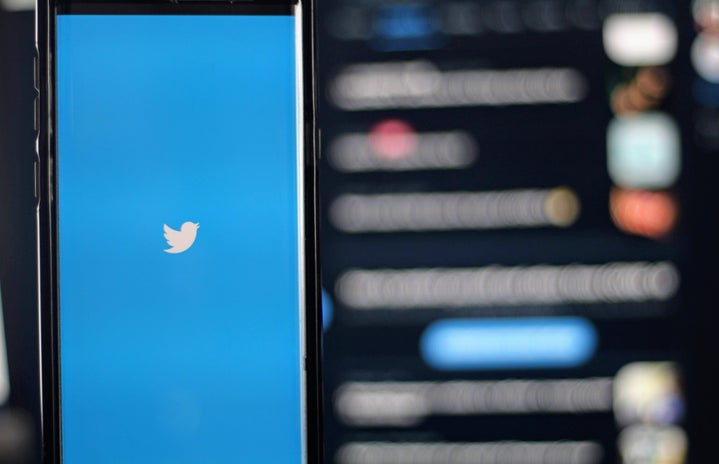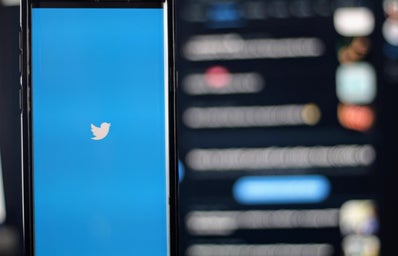Twitter has always been one of those social media platforms that exist in a niche area of today’s networking spree but holds one of the most vital positions in any internet surfer’s life. A big chunk of the most groundbreaking events, be it political upheavals, fan movements or even viral memes, have almost always traced back their origins to Twitter.
Thus, it is natural that owning the full and unrivaled rights to this social media site would be the dream of anyone wanting to hold the reins of the Internet. It is probably this diabolical aim that drove one of the most comically glorious magnates, Elon Musk, to lock the deal for a total takeover of the micro-blogging site for a whopping 44 billion dollars.
This deal, which finally materialized after months of negotiations, was followed by lavish promises from the new administration indicating a total revamp of the social media site, following claims that there would be efforts to make it the most user-friendly and dynamic social media app.
Elon Musk defended his eloquent changes, quoting that he wanted to “make comedy legal” on the social media site.
Unfortunately, what followed through was surely no less than a circus.
It was a cycle of mayhem, as all users simultaneously struggled to make sense of the blatant new changes while also trying to keep their heads intact through the entire process. Some developments were as brainless and bizarre as the deal itself. Netizens took to sharing memes left and right, calling Elon out for his capitalistic motivations and impulsive decisions. With no time to spare, Twitter saw a massive wave of incessant changes within 24 hours — many of them being condemned as weak grabs at asserting dominance.
The most criticized of them all was his move to sell the “verification mark” which had usually been a demarcation for renowned sources and identities, for a mere amount of $8, making it a virtual cakewalk for anyone to use and misuse its connotations liberally. All of these were labeled to be “pro-free speech” measures, the foremost ideal that drove him to acquire full ownership of this platform.
After implementing his rather fiendish measures, turning off all the employees at Twitter and more than half the population of the world, he sat back waiting for his dream revolution to transpire. But, unfortunately, it never became a reality. What came instead was a total un-orderly overtake of internet trolls, encouraged by the newfound ways in which they could exploit the order of the platform.
There was an immense surge in troll accounts armed with the verification check spreading misinformation, hate speech, and taking on the app in mass coercion. The brute intensity of this mob behavior was eventually felt in a much more severe sense when the insulin-producing company “Eli Lilly” saw a massive drop in stocks due to a troll account with a verification mark, spreading false news that it was engaging in cost-free insulin sales from heroin, creating an internet hysteria as the harms of the new changes slowly found their way into the light.
The light-hearted jokes gradually turned more sinister as a lot of issues with the current handling of Twitter by Musk trickled their way and spread out through the masses. The apparent train of free speech, which was mostly just unregulated and unscrutinized freedom, resulted in a 500 percent increase in hateful, racist, and bigoted comments on the app. Serious concerns about the safety and privacy of individuals also arose since Twitter being shifted from a government to a private holding would mean zero accountability or transparency all through its functioning.
Elon’s move to fire almost half the employees at Twitter immediately after the takeover became subject to huge criticisms, with many prominent individuals either totally condemning the use of Twitter altogether or engaging in a direct feud with the self-declared CEO Elon. Most critiques came from people pointing out that in an effort to correct the problems on the platform, Elon had unwisely only deepened the issues, all the while exposing his painfully autocratic and capitalistic motives.
It can consequentially be said that the efforts Elon put into whatever rationale he was trying to establish were an embarrassing failure. Even though the contentions might remain for a while, it’s safe to say that the occasionally pesky but enjoyable haven of social media that Twitter formerly was is now probably lost to humanity forever.


